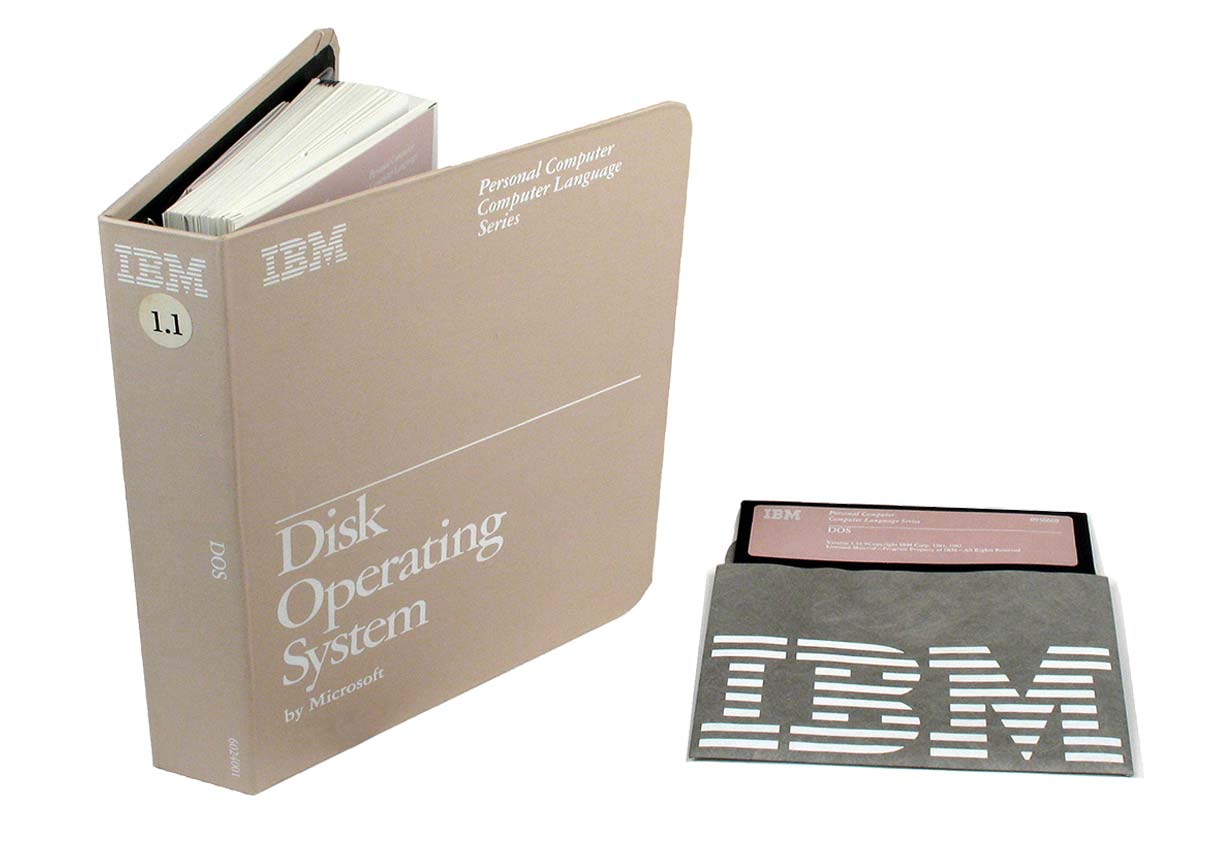On a recent episode of the NPR podcast “How I Built This,” billionaire entrepreneur Mark Cuban described how he got his first job in the software business. With no experience in software, he managed to land an interview at a small company called Your Business Software.
Cuban’s Secret Knowledge
In the interview, Cuban was asked what he knew about PCs. He answered, “I don’t know a lot, but what I do know is how to open up a manual and read and teach myself.” The interviewer loved the answer and hired Cuban as an entry-level salesman.
Cuban describes this first job in further detail in his autobiography, How to Win at the Sport of Business:
“Every night I would take home a different software manual, and I would read it. Of course the reading was captivating. Peachtree Accounting. Wordstar, Harvard Graphics, PFS, dBASE, Lotus, Accpac… Every night I would read some after getting home, no matter how late.
“Turns out not a lot of people ever bothered to RTFM (read the frickin’ manual), so people started really thinking I knew my stuff.”
Cuban was soon fired from the first job (if you know who Mark Cuban is, this shouldn’t be a surprise). But based on the in-depth knowledge he gained from reading those manuals, Cuban went on to form his own company, MicroSolutions, specializing in helping business customers integrate new software into their existing systems. The company thrived, and it was sold just a few years later, making Cuban a millionaire in his early twenties.
Expertise through Documentation
My first job out of college was as a marketing coordinator with Hanes (the underwear conglomerate), where I found myself spending large amounts of time in Microsoft Excel creating and analyzing spreadsheets. Prior to the job, I had almost no experience in Excel. Basically, I knew how to type into cells and create simple formulas, but that was about it.
I figured that if I was going to be spending all day in the software, I should probably make an effort to learn it better. So I threw myself into the documentation and learned how to properly use a lot of Excel’s advanced features.
To my amazement, people started to view me as an Excel expert. Co-workers, many of whom also spent hours each day using the software, would ask me where I learned how to use Excel so well, thinking that I must have taken a course on it during college. They’d be shocked to learn that all I did was read the documentation, and that in fact, I had barely known anything when I started the job.
An Uncomplicated Formula for Success
Listening to the podcast, Mark Cuban’s story struck me because it backed up what I experienced at Hanes and then again and again throughout my career: The formula for success often isn’t that complicated.
Most of areas where I’m viewed as most knowledgable aren’t the things that I learned in college classes or through official professional development. They’re things that I learned through the simple act of slogging through documentation.
Put in the time and effort, and read the frickin’ manual.

